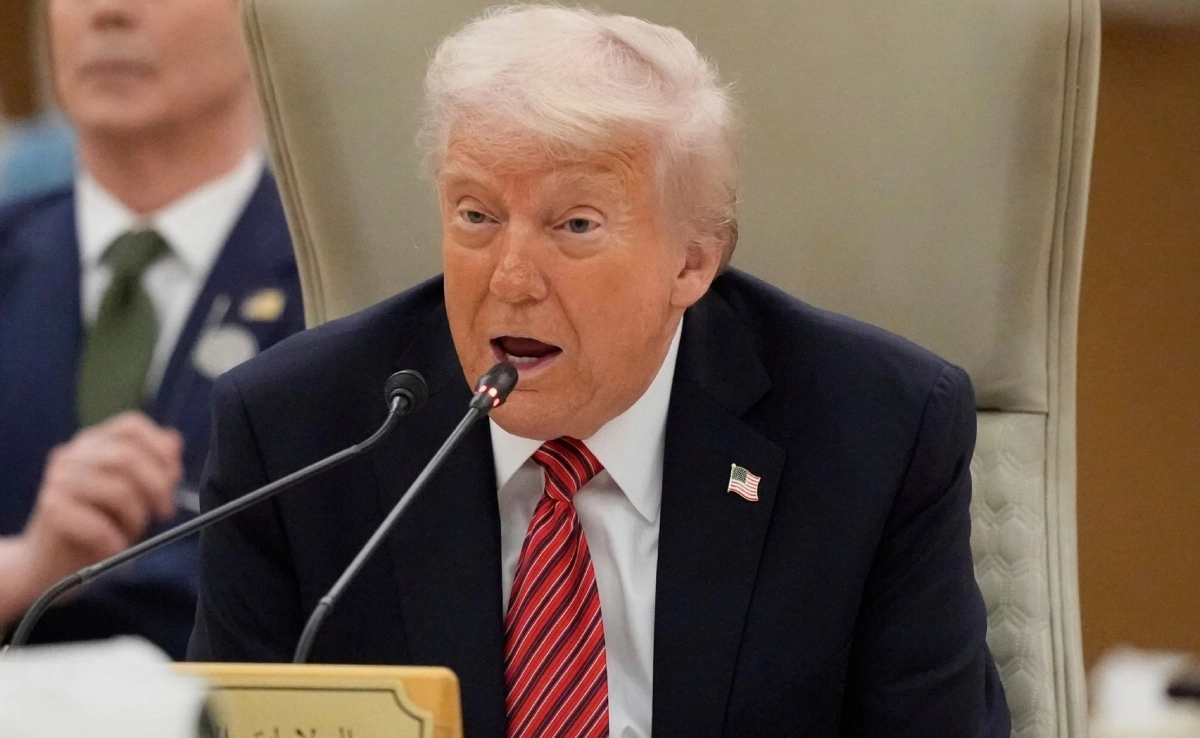As the political landscape continues to shift in the United States, former President Donald Trump’s “Big, Beautiful Bill” has emerged as a focal point in the current legislative agenda. This comprehensive piece of legislation, which encompasses a range of policy initiatives, is set to undergo its final vote soon. The implications of this bill are vast and multifaceted, with particular attention being paid to how it will impact various demographics, including the Indian community in the U.S. and abroad.
The proposed legislation aims to address issues such as immigration reform, trade policies, and economic stimulus, all of which could significantly affect Indian nationals. For instance, changes in immigration policies could alter the landscape for Indian professionals seeking employment in the U.S., particularly in the technology sector, where a large number of Indian nationals are employed. The bill’s provisions regarding work visas and green cards could either facilitate or hinder the ability of Indian workers to enter and remain in the country, depending on the final stipulations included in the legislation.
Moreover, the economic aspects of the “Big, Beautiful Bill” could have ripple effects on the Indian economy as well. Trade agreements and tariffs outlined in the bill might reshape the dynamics of U.S.-India trade relations, impacting sectors such as pharmaceuticals, textiles, and technology. A favorable trade environment could lead to increased exports from India, while unfavorable conditions might challenge Indian businesses operating in the U.S. or exporting to American markets.
As the final vote approaches, stakeholders are keenly monitoring the developments surrounding the bill, particularly its potential repercussions for the Indian diaspora, which plays a crucial role in the U.S. economy. The outcome of this legislation will not only shape the future of many Indian professionals and businesses but will also be a significant indicator of the U.S. government’s stance on immigration and trade in a rapidly globalizing world. As such, the Indian community must remain vigilant and engaged in the legislative process to advocate for their interests and ensure that their voices are heard in this critical moment.




